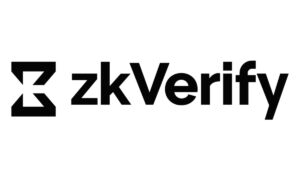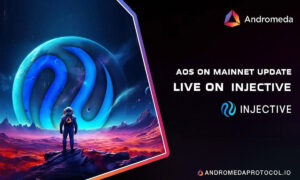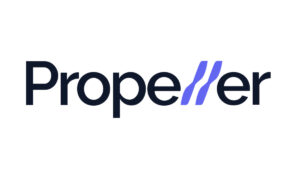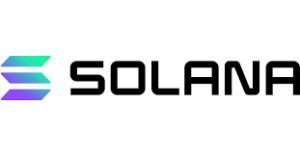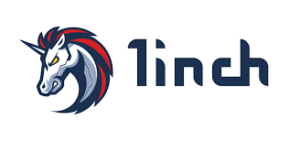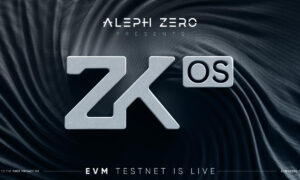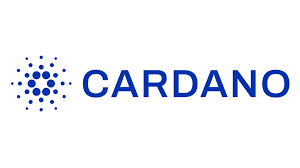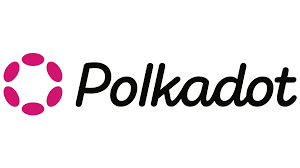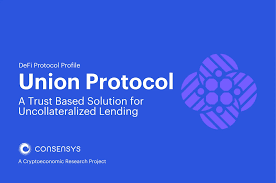zkVerify integrates ApeChain to boost gaming performance and reduce costs
Horizen Labs has incorporated zkVerify, a modular protocol specifically built for the verification of zero-knowledge proofs, into ApeChain’s Jenkins Testnet, known as the Arbitrum Orbit Chain. The purpose of this integration is to enhance the range of Web3 games that may be launched on ApeChain with optimal performance. According to the report, developers who use ApeChain can take advantage of zkVerify’s zero-knowledge proof verification technology to enhance transaction processing and
